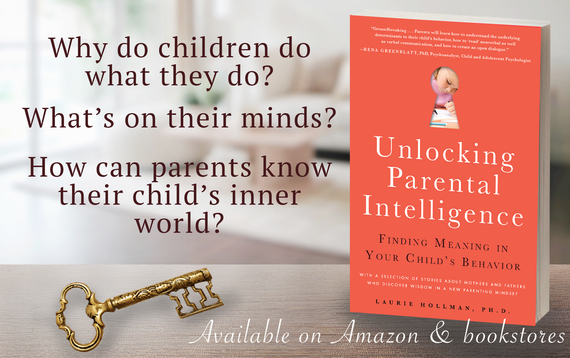Women struggle with the question of who comes first. My partner or husband vs. my children? Maybe it isn't a question of who comes first all the time, but some of the time. This seems to make more sense and become a more realistic question.
When people say that you're kids will leave home and your husband or partner is forever, it's a spurious statement because actually you're a parent forever, even when your kids are adults. And those adults when they are young, often in fact do come home. College students often live at home and commute to their schools and college graduates often live at home when they are in their first jobs. So when do they actually become official adults? (A question for another post.)
When Do Kids Come First?
Do infants come first? Sleepless nights and exhaustion fill the first few months of a mother's life with her baby. You can't explain to an infant that your husband or partner feels left out and is frustrated with your absence and readiness to fill his or her needs. You need to co-parent to work out this question because of course, infants come first!
This doesn't mean you can't get a babysitter or spend time together when the baby sleeps. It just takes a concerted effort because you're usually pretty tired those early months of a baby's life. But short times of togetherness can make all the difference to keep your relationship alive and growing.
As kids get older, let's say elementary school, there's a lot of chauffeuring and school involvement that's essential. If both parents participate, it means things run more smoothly, kids feel close to both parents, and parents end up with more time together.
Even during adolescence, or especially during adolescence, kids need their parents' open-ended time, so they don't just talk when there are problems. But it's good for teens to see their parents enjoy each other. It shows them what loving relationships at an adult level can be all about.
Many ask this question. I've read it quite often. But we don't love people that are close to us more or less. We love them differently. The bonds are complex and dissimilar. Children need us in different ways than our partners, so we love them differently.
Some women joke that their husbands are their "other child" but if this really feels true, then the partnership needs a second look. Parents nurture each other, sometimes one needs more support than the other, but it's an adult love that's mutual and reciprocal at best.
Parents nurture children and help them solve their problems. Children express opinions that we should listen to closely and respond to attentively, but we shouldn't reverse roles and depend on them to help us solve life's problems.
What if You Do Love Your Child More Than Your Partner?
Sometimes in failing marriages and troubled adult relationships, a parent does love their children more than their partner. This is of course a problem in the adult relationship that needs careful thought, and often professional help as early on as possible. Children don't want their parent to favor them over their other parent. It makes them anxious. They feel secure when their parents are secure with each other.

Laurie Hollman, Ph.D. is a psychoanalyst and author of Unlocking Parental Intelligence: Finding Meaning in Your Child's Behavior found on Amazon, Barnes & Noble, Familius and wherever books are sold.